Are You Doing This?
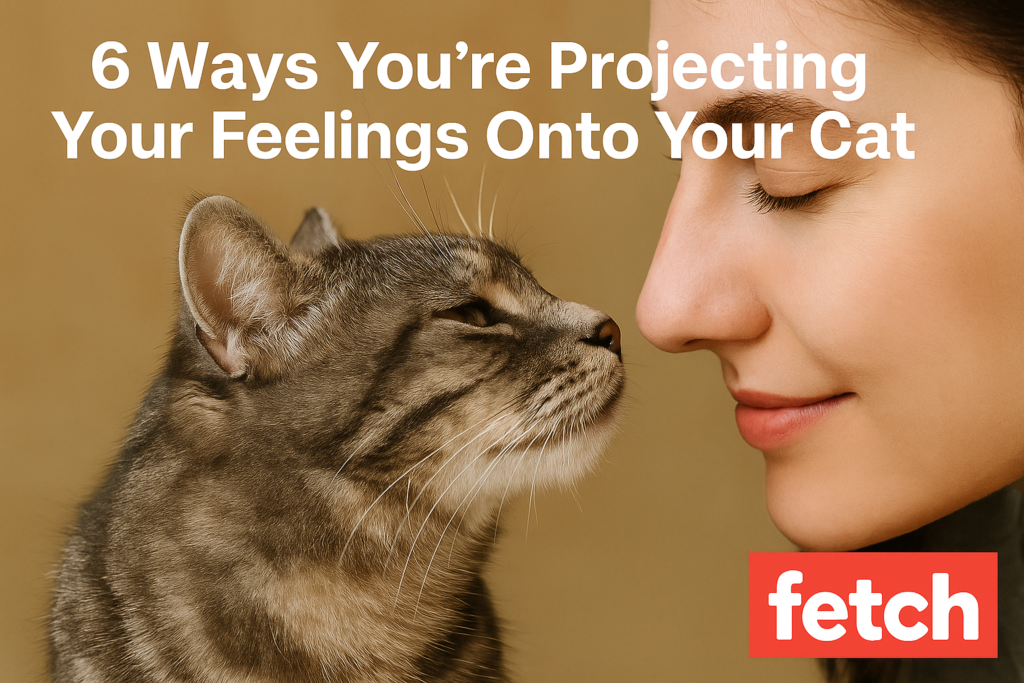
Ever looked at your cat and felt like they knew exactly what you were going through? You’re not alone. It’s natural to bond deeply with our pets, but sometimes, without even realizing it, we start projecting our own emotions onto them. Understanding how this happens doesn’t just help your cat, it helps you, too. Here’s how to spot when your heart might be speaking louder than your cat’s real behavior.
1. Assuming Your Cat Is Mad at You
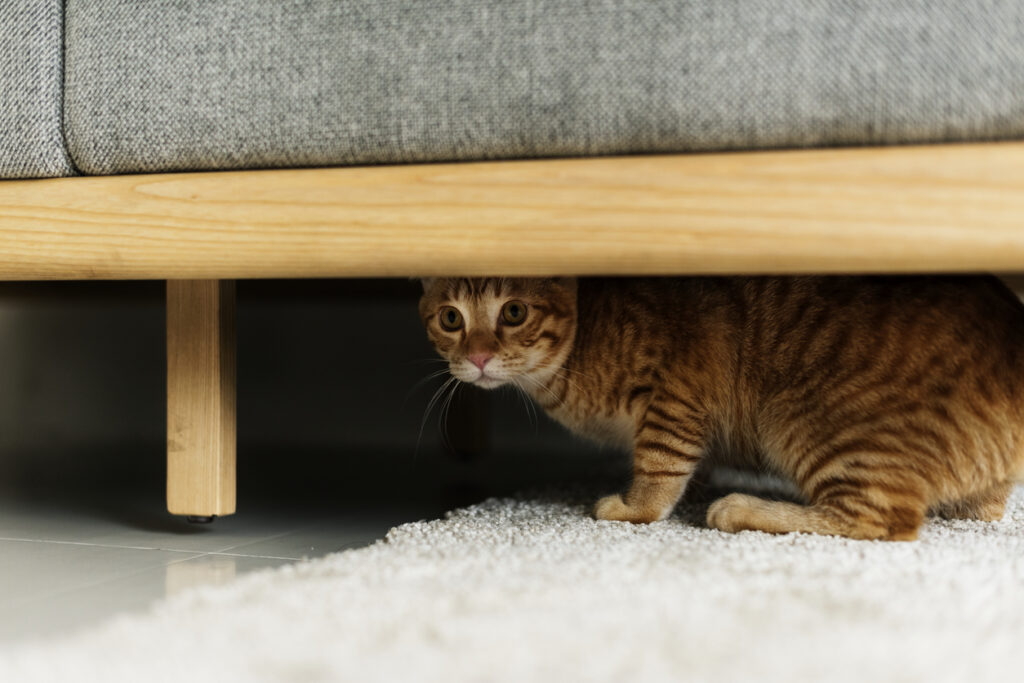
If your cat suddenly hides under the bed or ignores you, it’s easy to think they’re giving you the silent treatment. In reality, cats often withdraw when they feel overstimulated, scared, or just need space. Experts in cat behavior note that humans tend to personalize their pet’s actions, assigning human emotions like anger or spite to what are actually instinctual behaviors. Instead of assuming your cat is upset with you, it might be time to tune into what’s happening in their environment.
Source: International Cat Care
2. Believing Your Cat Misses You Like a Human Would
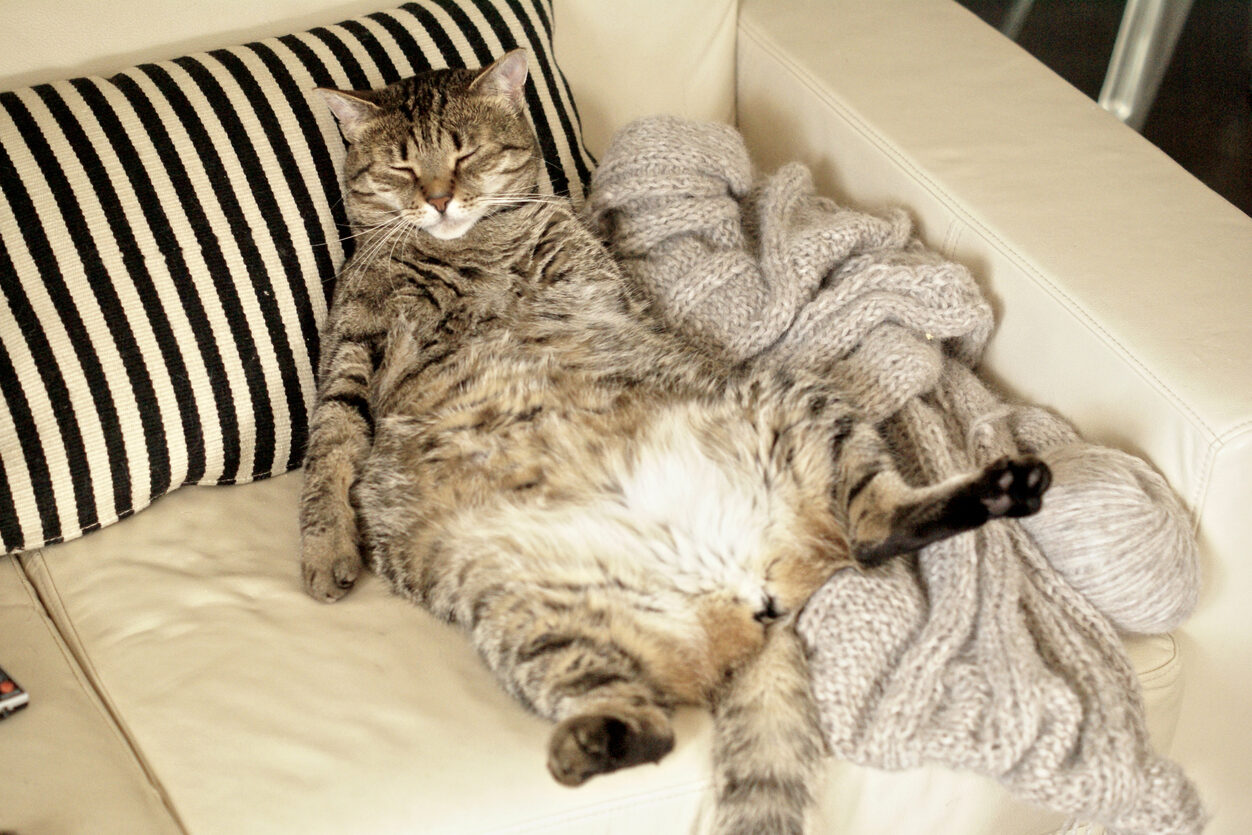
Coming home to a distant cat can sting, especially if you’ve missed them like crazy. While cats do form strong attachments, their emotional framework isn’t a mirror of ours. Your feelings of longing can make it seem like your cat should react the same way, but their way of processing absence is different. Felines are more about routine and safety than sentimental displays, and misreading that can lead to unrealistic expectations that strain your human-cat bond.
Source: Jackson Galaxy
3. Thinking Your Cat Is Comforting You When You’re Sad

There’s something magical about a cat curling up on your lap just when you feel low. While it feels like they’re offering emotional support, it’s often a coincidence rooted in your body language, tone, and even warmth. Cats are sensitive to environmental shifts, but they aren’t naturally wired to comfort in a human-specific way. By projecting your need for comfort onto them, you might miss the more subtle, real ways your cat connects with you.
Source: Frontiersin
4. Interpreting Your Cat’s Independence as Rejection
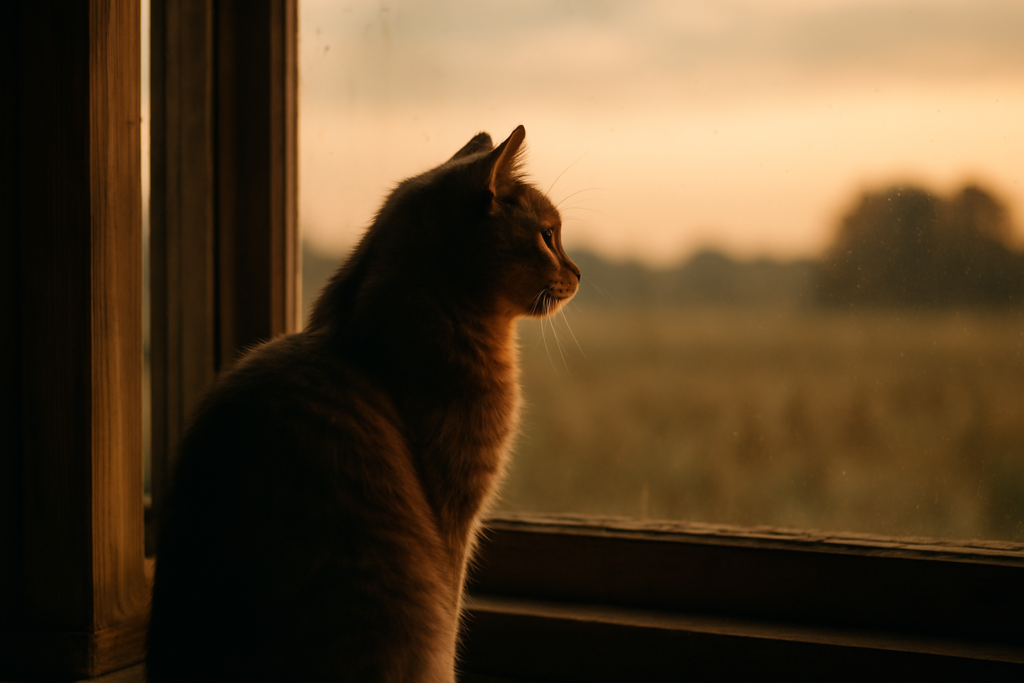
Sometimes, your cat just wants to chill alone, and that can sting if you’re feeling vulnerable. People often project feelings of abandonment onto their cats when they’re in need of closeness themselves. Animal behaviorists explain that cats’ aloofness isn’t about rejecting you, it’s part of their natural instinct for self-preservation and territory control. Recognizing the difference can deepen your respect for their nature and ease your own feelings of loneliness.
Source: PMC
5. Expecting Your Cat to Mirror Your Moods

It’s tempting to believe that a stressed-out you equals a stressed-out cat. While cats can indeed pick up on their owner’s anxiety through subtle environmental cues, they don’t directly mirror your emotions the way humans might. Projecting your feelings onto your cat can cause unnecessary worry about their well-being. Instead, focusing on maintaining a calm, predictable environment helps your cat feel secure without dragging them into your emotional ups and downs.
6. Reading Too Much Into Your Cat’s Expressions
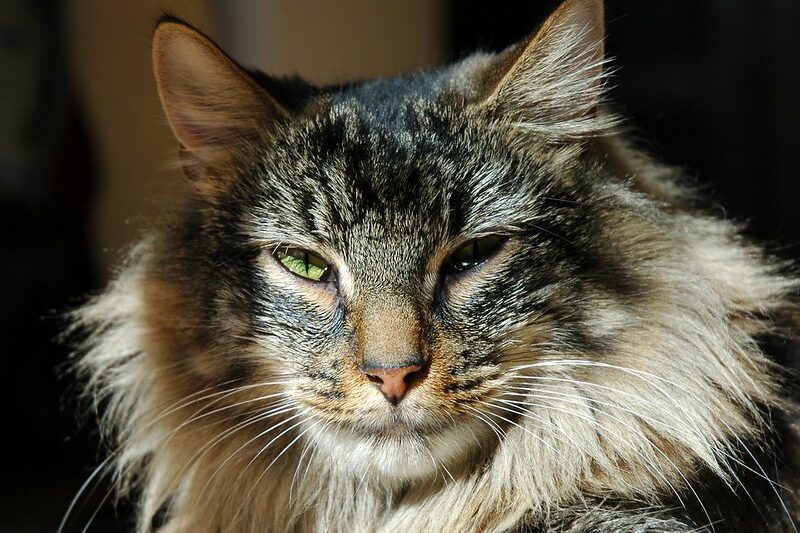
We love thinking our cats are “smiling” or “frowning,” but their facial structures don’t actually express emotions the way human faces do. When you’re feeling emotional, it’s easy to interpret a sleepy squint or flattened ears through the lens of your own feelings. Experts in feline behavior remind us that most cat “expressions” are functional, signaling things like alertness, fear, or contentment, not complex emotions. Keeping this in mind helps you understand what your cat really needs instead of what you imagine they feel.
Love your cat even more by learning what they’re truly trying to tell you. Share your most unforgettable moment of “cat mind-reading” in the comments, let’s decode those mysterious looks together!


